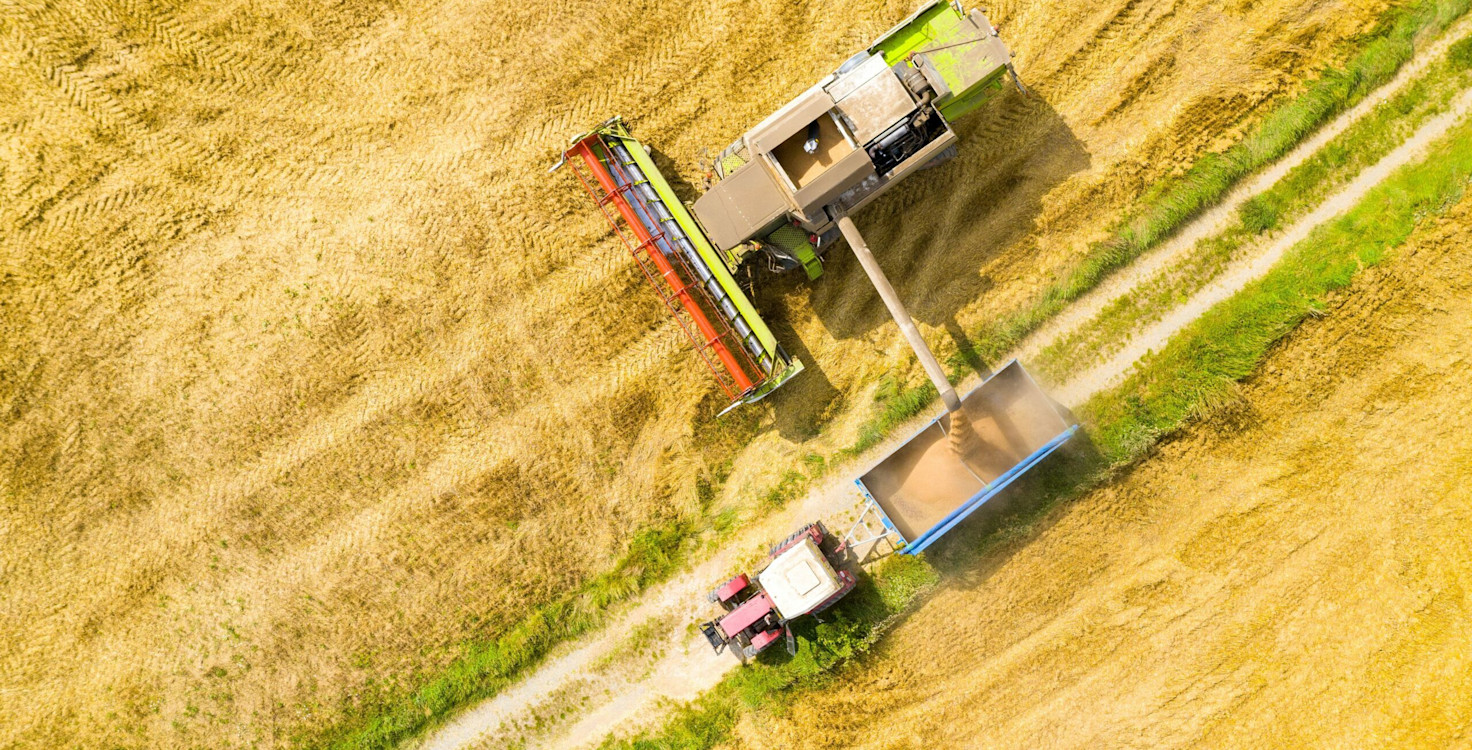Investors ask UN body to follow the lead of IEA which has set a roadmap for energy in the build-up to COP26
Evidence shows that even if fossil fuel emissions were to be eliminated, food system emissions alone would make it impossible to reach 1.5°C.
Investors send letter to FAO calling for specific targets on food industry’s methane emissions as part of clear path to aligning with Paris Agreement.
“Investors are calling for the FAO to provide the leadership the market needs for the food sector to align with the Paris Agreement goals” says Dr Helena Wright of the FAIRR investor network which convened the letter.
A group of investors representing an initial $14tn of AUM*, organised by the FAIRR Initiative, have sent a letter to the Food and Agriculture Organization of the United Nations (FAO) urging them to set a roadmap for how the food system can align with the Paris Agreement goal of limiting global warming to 1.5°C.
The letter, signed by 33 investors, as well as the UN-convened Net-Zero Asset Owner Alliance (NZAOA), also targets other financially material risks presented by the global food system in its current form, such as deforestation and biodiversity loss, malnutrition, and antimicrobial resistance
One element of the pathway that requires urgent action is the need to measure and reduce methane emissions arising from the food sector. Agriculture accounts for about 40% of human-generated methane emissions – a major contributor to climate change – yet only 18% of major meat and dairy firms track even partial methane emissions.
The call echoes the net-zero roadmap for the energy sector published by the International Energy Agency (IEA) in May 2021. However, unlike in the energy sector, there is a lack of consensus on what a pathway to 1.5°C looks like for the agriculture and land-use sector. The letter has been sent in advance of a meeting of the FAO Council taking place on Monday 13 June.
Dr Helena Wright, Policy Director, FAIRR Initiative, said:
“Investors see the necessity of transitioning the food sector to meet climate goals and want that transition to be fair and fast. That’s why investors are calling for the FAO to provide the leadership the market needs for the food sector to align with the Paris Agreement.
“The roadmap is even more critical in a time when climate change impacts are accelerating and in light of the Ukraine crisis which has caused greater challenges for food security.”
“It’s a huge challenge and measures in the roadmap would likely include clear limits for methane emissions, halting deforestation, scaling up alternative protein, and mechanisms to ensure a just transition that protects farmers and helps restore nature.”
Christiana Figueres, former Executive Secretary of the United Nations Framework Convention on Climate Change and co-founder of Global Optimism, said:
“Industrial agriculture in its current forms is exacerbating climate change, biodiversity loss and health crises, and cannot continue on its current path. We need a roadmap for the food system that is aligned with a nature-positive world and keeps 1.5C alive.
“As the UN agency responsible for achieving food security for all, the FAO is ideally placed to deliver the leadership and guidance that governments, investors, and food companies need to ensure a just transition to a sustainable and equitable global food system in line with the 1.5C target.”
Guenther Thallinger, Chair, UN-convened Net-Zero Asset Owner Alliance, said:
“To keep the 1.5C goal within reach, the global food system urgently requires a gold-standard roadmap that reduces emissions whilst protecting the health and livelihoods of people across the globe. At present, food systems are responsible for around 30% of global emissions, with agriculture alone creating 40% of human-generated methane.
“We urge the FAO to act on the science and work towards delivering this landmark roadmap. Such guidance would help direct investment and engagement strategies in line with 1.5C in this critical sector, driving science-led intermediate target-setting – for 2025 and subsequently every five years to 2050 – at the company and government levels.”
Thomas Tayler, Senior Manager, Sustainable Finance Centre for Excellence at Aviva, said:
“COP26 saw bold commitments from world leaders to cut methane emissions by 30% and halt deforestation by 2030. However, current food production methods are key drivers of these twin crises – with cattle farming the leading driver of deforestation in the Amazon, and agriculture contributing around 40% of anthropogenic methane._
“If we are to reach these ambitious targets within eight years, we urgently need guidance for the food system. As investors, we urge the FAO to provide much-needed leadership to ensure we can play our part.”
Alexander Burr, ESG lead, Legal and General Investment Management, said:
“Food systems account for roughly a third of global greenhouse gas emissions. It is undoubtedly a very complex sector to transition, with corporates, investors, and governments all requiring greater guidance on how exactly they should align with net-zero commitments. The slow progress has been exacerbated by the lack of ownership by the multilateral system.
“This is in contrast to progress in the energy sector, where the IEA really spurred action with their Net Zero 2050 Roadmap. We are now calling on international institutions, such as the FAO, to address the issue head-on and step up to the challenge of developing a clear transition roadmap for agriculture and the land-use sector, and we’re here to support them to do that.”
Bruno Poulin, CEO, Ossiam, said:
“At Ossiam, we have identified the food sector as a key area to combat climate change and biodiversity loss, which we are addressing in our Food for Biodiversity investment strategy. In this regard, we are happy to support FAIRR’s call for a clearer roadmap to 1.5°C for the agricultural sector.”
